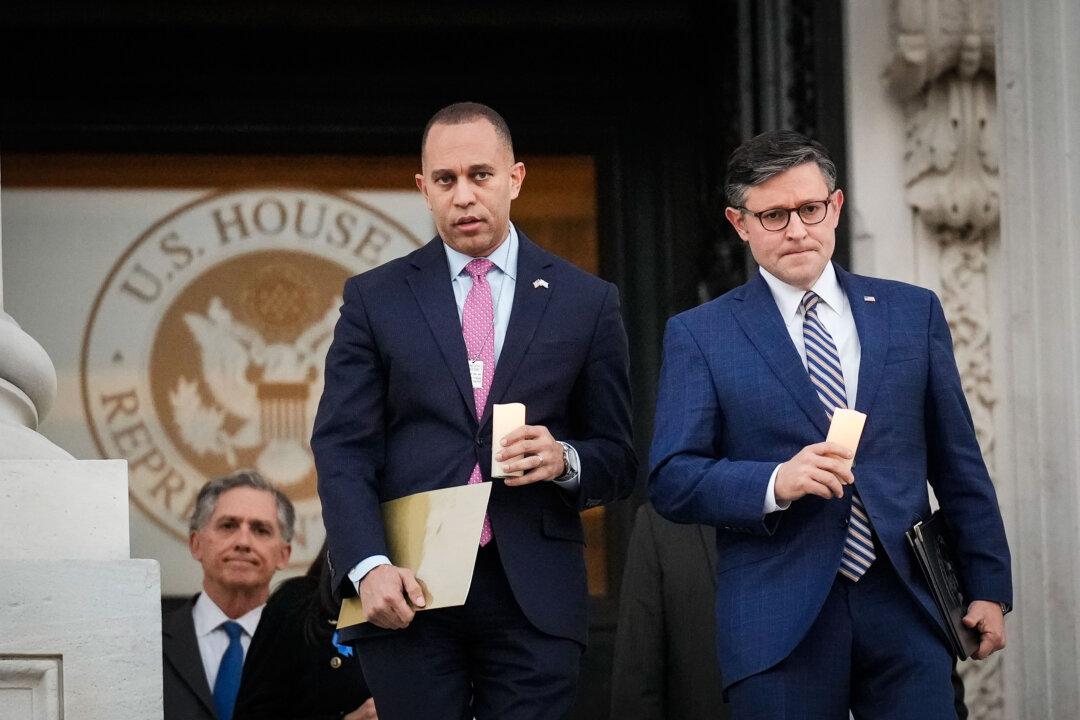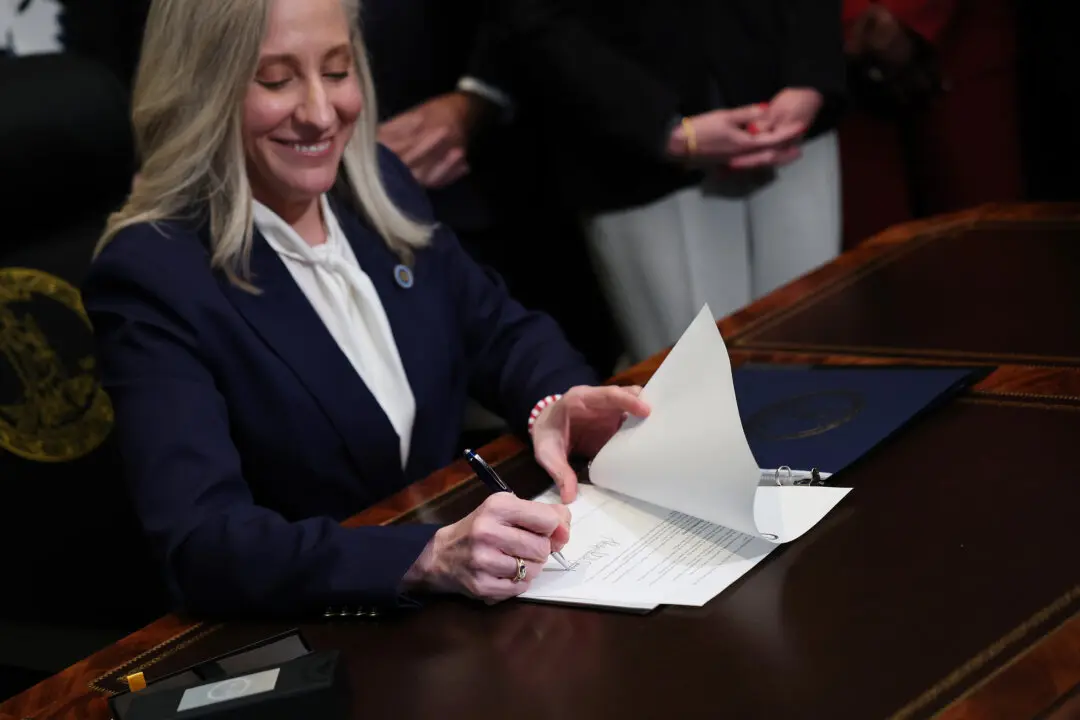WASHINGTON–When the House of Representatives returns on Jan. 3, 2025, to begin the 119th Congress for a two-year term, Republicans will start out with a narrow majority.
Though the party won 220 seats in the House, giving them a three-seat margin over the majority mark of 218, this number is set to decline in January. The drop in seats could imperil the GOP’s ability to pass legislation and, possibly, flip control of the House to the Democratic Party.





